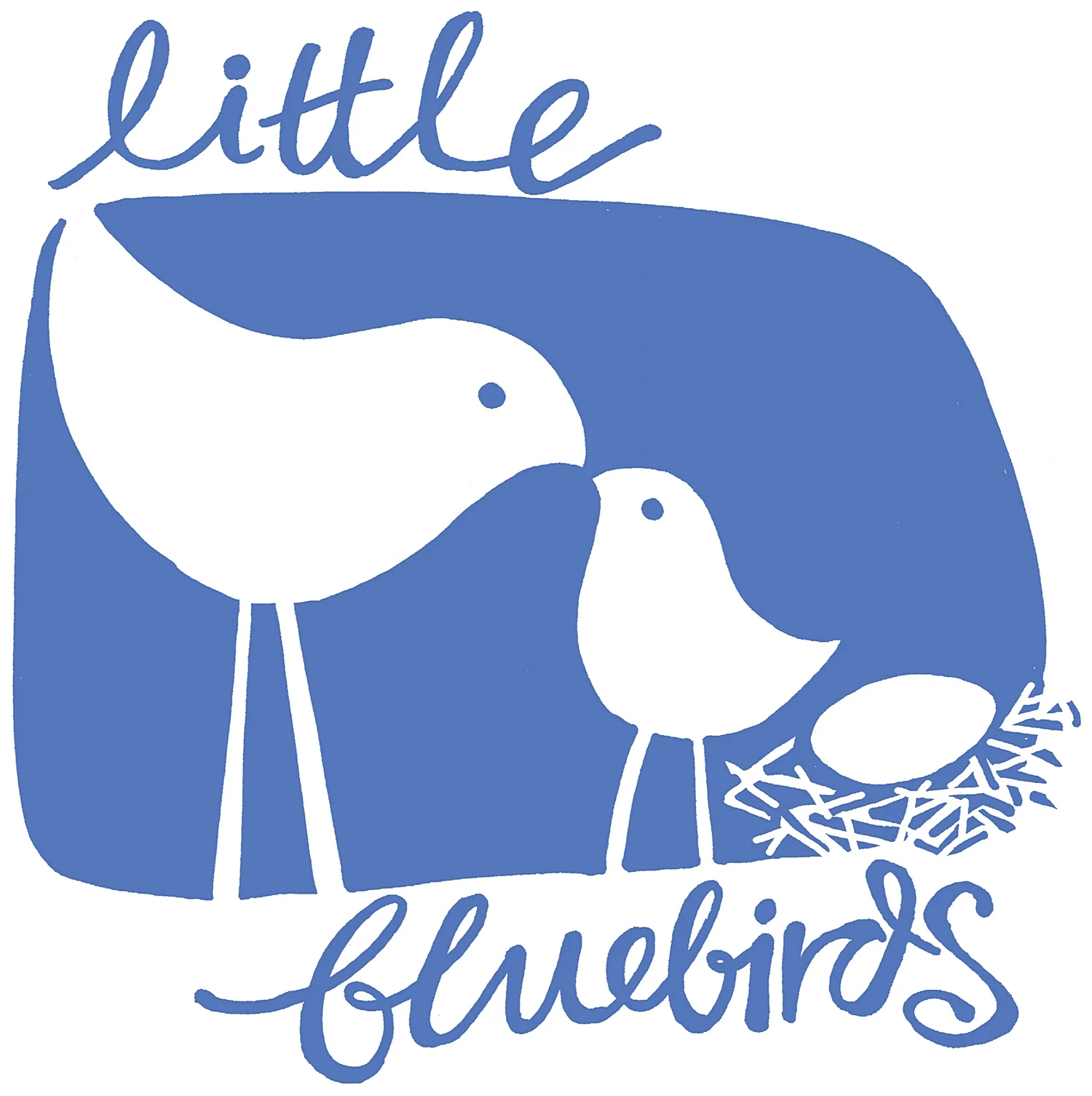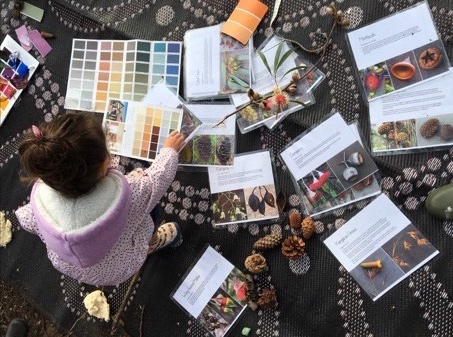Learning Together
Many of our Little Bluebird blogs touch on the endless learning that children do while they play. Because young children are constantly soaking up the world around them, learning and discovering new things as they go, often times we (adults, parents, carers) can take a back seat as this process occurs naturally without the need for expensive toys or unnecessary interference.
But a child’s curiosity and inquisitiveness will eventually lead to infinite questions. Ohh the questions! They can seem endless and may feel overwhelming, and just when you think you’ve got it covered… the more elaborate and obscure the questions become!
At times you might feel frustrated by the constant “why? when? how?”, overwhelmed by the more complex questions, or tempted to brush them off and just move on. Of course our job as parents and carers is not to have all the answers, and it is perfectly okay to simply say “That’s a really interesting question, but I don’t know the answer”. But when your child is asking questions that have you stumped, it is a great opportunity to do some investigating and show your child how to find the information they’re looking for.
So next time you find yourself saying “I don’t know” try following it up with “let’s find out together!”, and use some of the tips below to discover something new and embrace the joy of learning TOGETHER.
Read about it
Reading together is a wonderful way to share the process of learning together. Local libraries are a treasure trove for discovering new things about all kinds of topics that interest you. Anything from food, to dinosaurs, to space – you name it, there is a book on it! Op shops or second-hand stores are another great way to find interesting fact-based books without spending a lot. Even if you stumble across a particularly outdated book - or one not relevant to us here in Australia - it can spark an interesting conversation about who writes these books and how they research the information first.
What does this sign say, mum? Why does it say that? Who made the sign?
Ask someone
Even if you don’t know the answer, chances are someone you know does. It is so important that we encourage our children to ask questions, to show an interest and to be open to learning a new perspective. One way we can do this is by allowing them to see US asking questions – stop and ask for directions or tips from a local, ask a friend about their job, or ask someone you know to educate you and your child on something they are passionate about.
Discover it
Books are such a wonderful resource, but some things are best learnt through doing! Take notice of what your child is interested in, and go exploring to discover more about our world. Going for a slow, purposeful walk in nature (forest, bush, beach, your own backyard!) is a great place to start. Or why not head to the train station or airport and just watch… Learning can be done from afar or up close!
Exploring somewhere new allows us to not only notice and admire the world around us, but to look closely and discover things we wouldn’t otherwise know. Is this flower native to Australia? Who drives the train? Where do bugs live? What animal left these foot prints? Why are some planes smaller and some bigger? You’ll never run out of things to discover and learn. And chances are you’ll go home with a big list of questions to inspire your next library trip!
Many studies have shown that we are more likely to absorb and retain new information if we are actually interesting in what we are reading or hearing! So take note of what makes your child’s eyes light up, what topics prompt them to ask questions? And remember - when we don’t know the answers, we can help our little ones find them and together discover just how fun learning new things can be!
Combining natural resources with information found online is a great way to learn!





